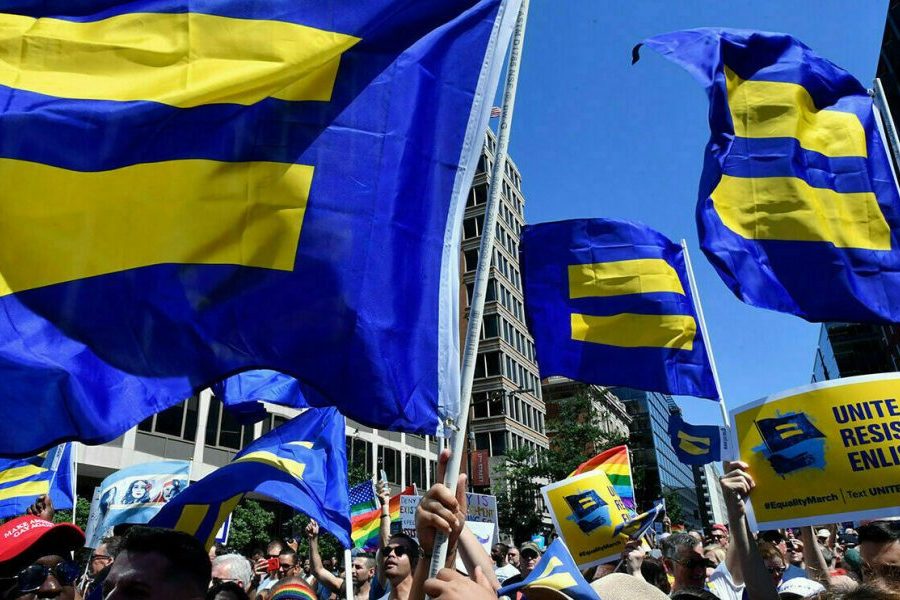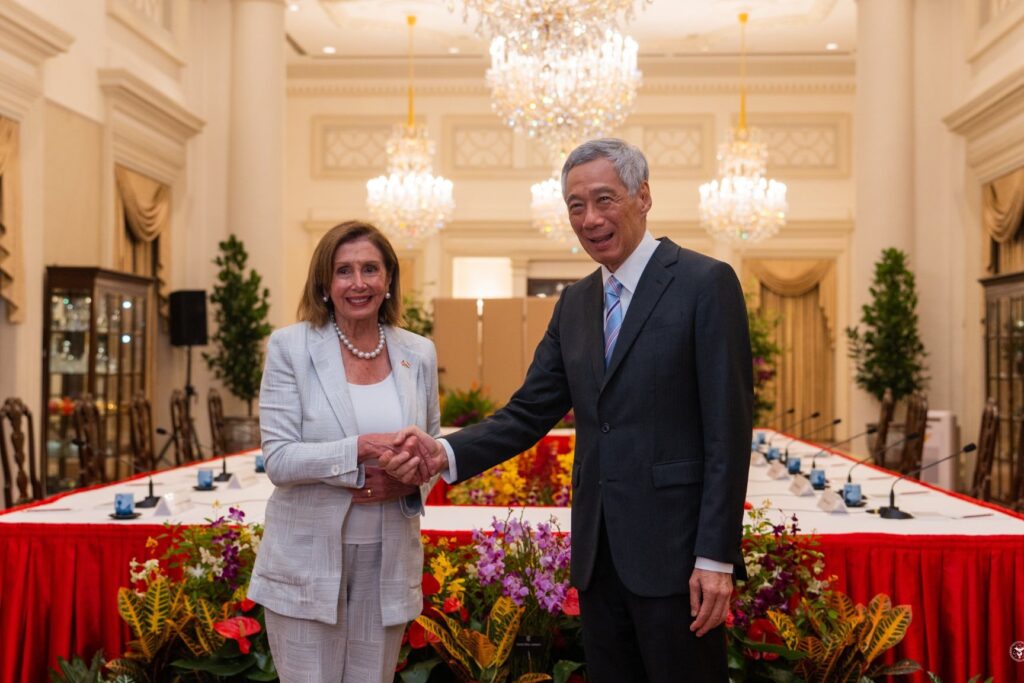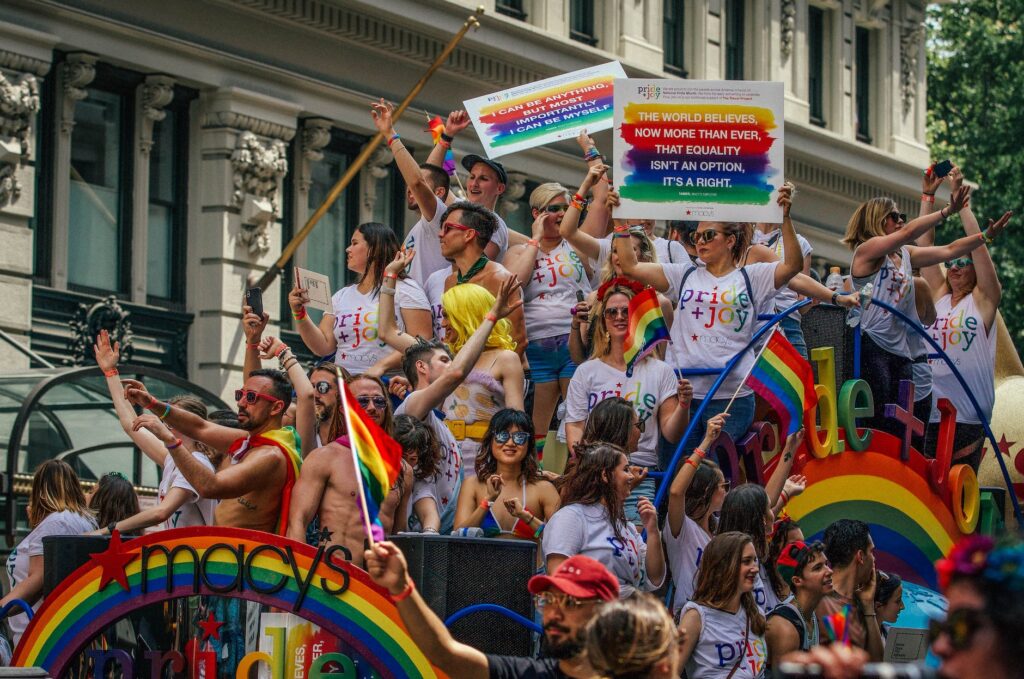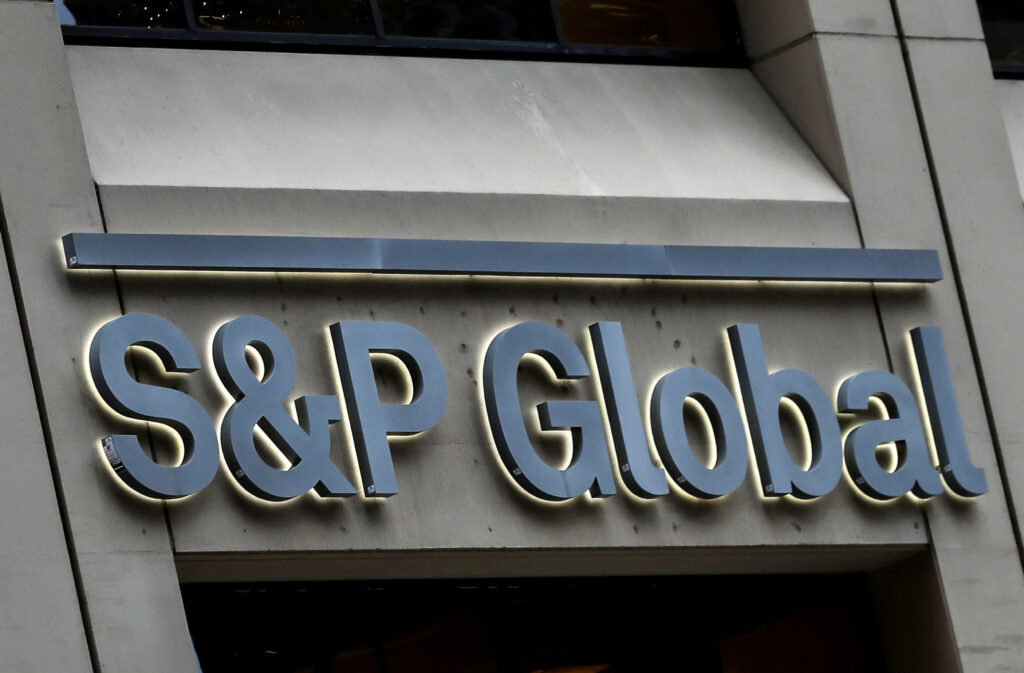Protecting women’s representation at work becomes meaningless when biological men can be counted as women
Overview

MSCI Measures Companies’ Women Inclusion, But Allows Companies to Count Men Who Identify as Women
MSCI is a rating agency that grades companies on ESG factors. In their Workforce Gender Diversity scoring methodology, they grade companies on [1]:
- Percentage of Women Employees in New Hires
- Percentage of Women in Senior Management
- Percentage of Women Directors on the Board
However, MSCI expresses that advancing all women includes trans women [2]. By including trans women in the same category of women, women need to compete with biological men for positions reserved for women.
A man may be a trans woman by self-identification [3], and employers are expected to affirm that identity, regardless of whether the person has undergone therapies like cross-sex hormone therapy, gender-reassignment surgery or changes in NRIC.
During the interview process, trans candidates are encouraged to use their preferred gender and name without the need to disclose their real gender [4].
When such social changes spread from America to Singapore, the hard-earned progress for women representation will be erased.

Without A Definition of Woman Based on Biological Reality, Women’s Representation gets Compromised
The following are examples of what happens when the definition of woman is diluted to include anyone who claims to be a woman.
Men claim to be non-binary to enter a women’s job fair
“An event meant to be a career-builder for women and nonbinary tech workers turned into yet another symbol of the industry’s gender imbalance after self-identifying men showed up in droves.” [5]

Men change self-identified gender to take women’s job benefits
“Spanish soldiers and policemen are changing their gender in order to access benefits intended for women, an investigation has found.” [6]

Trans women can take public board seats that were reserved for women
“Scotland’s highest court has ruled that transgender women should be included in legislation aimed at improving gender balance on public boards. The court of session found that Scottish government guidance that extends the definition of “woman” to transgender women with a gender recognition certificate (GRC) is lawful.” [7]







